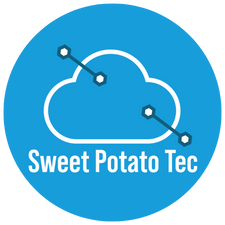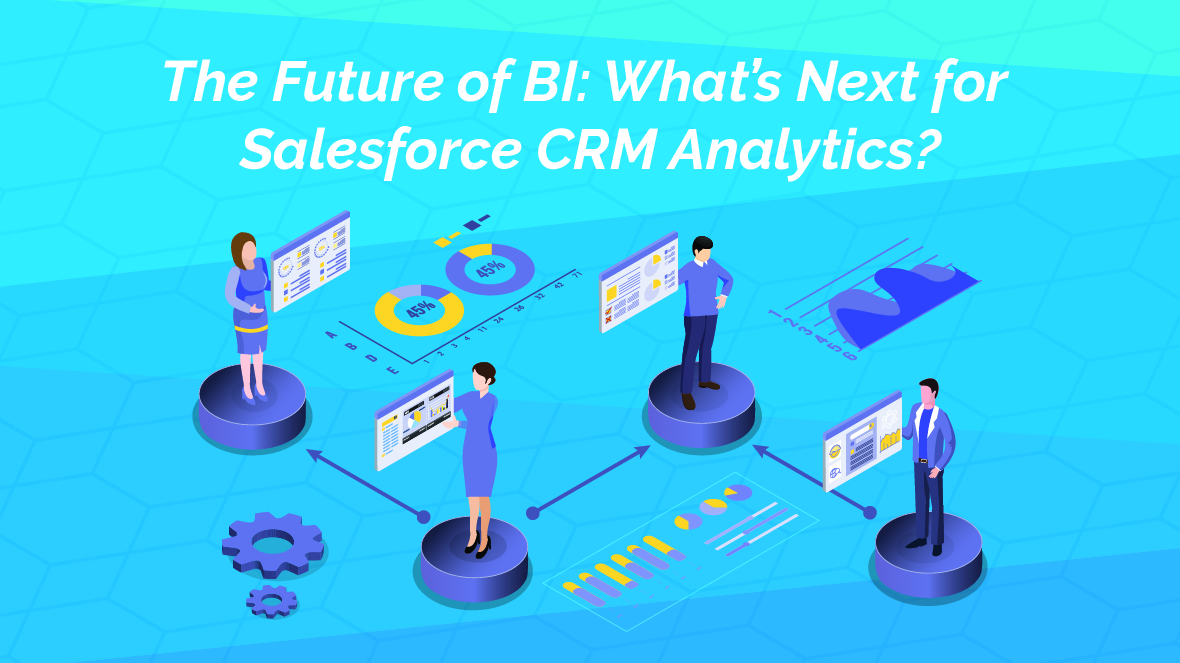In the dynamic world of customer relationship management (CRM) and business intelligence (BI), Salesforce continues to be a pivotal player, constantly evolving to meet the needs of modern businesses. As we look ahead, the future of Salesforce CRM analytics holds exciting possibilities that promise to revolutionize how organizations harness data to drive growth and enhance customer relationships.
What is CRM Analytics?
Salesforce CRM Analytics (previously called Einstein Analytics) is a cloud-based business intelligence (BI) platform integrated into the Salesforce ecosystem. It enables users to:
- Create interactive dashboards and reports to derive insights from customer data.
- Recognize patterns and trends in customer behavior and interactions.
- Share insights and reports with colleagues to promote data-driven decision-making throughout the organization.
The Future of CRM Analytics
Salesforce continuously innovates and enhances the capabilities of CRM Analytics. Here are some emerging trends poised to shape the future of CRM Analytics:
Artificial Intelligence (AI) Integration
Anticipate deeper AI integration for advanced data analysis, predictive modeling, and automated insights generation.
Natural Language Processing (NLP)
Utilizing NLP capabilities will enable users to interact with CRM Analytics using natural language, making data exploration and analysis simpler.
Embedded Analytics
Anticipate seamless integration of data insights within various Salesforce functionalities, offering real-time decision-making support.
Integration of AI and Machine Learning
One of the most anticipated advancements in Salesforce CRM analytics is the deeper integration of artificial intelligence (AI) and machine learning (ML). This integration is set to transform how businesses leverage CRM data by enabling predictive analytics for sales forecasting, customer segmentation, and personalized marketing strategies. Imagine sales teams equipped with AI-driven insights that predict customer behavior and recommend the best actions to optimize sales performance.
Enhanced Data Visualization Capabilities
Data visualization plays a crucial role in making data-driven decisions understandable and actionable. Future developments in Salesforce CRM analytics will likely focus on enhancing these capabilities even further. Expect to see more interactive dashboards, advanced charts, and real-time updates that empower users to uncover insights at a glance and drill down into data with ease.
IoT and Big Data Revolution
With the proliferation of Internet of Things (IoT) devices and the exponential growth of big data, Salesforce CRM analytics are poised to evolve accordingly. Businesses will increasingly leverage IoT-generated data for deeper insights into product usage, customer preferences, and operational efficiencies. Integrating big data technologies will enable Salesforce to handle and analyze vast datasets, providing organizations with a comprehensive view of their customers and operations.
Mobile-First Analytics
In today’s mobile-centric world, accessibility to insights on the go is crucial for sales teams and executives. Salesforce CRM analytics are expected to prioritize mobile-first strategies, delivering actionable data directly to mobile devices. This trend will enable real-time decision-making and empower field teams to stay informed and responsive while engaging with customers.
Unified Customer View Across Channels
A seamless and unified view of the customer is essential for delivering personalized experiences and fostering long-term customer loyalty. Salesforce CRM analytics will continue to enhance their capabilities in integrating data from various touchpoints and channels. This holistic view will enable businesses to understand customer journeys comprehensively and tailor interactions based on individual preferences and behaviors.
Integration with External Data Sources
To enrich CRM analytics and provide deeper insights, Salesforce will likely strengthen its integration with external data sources. This includes social media platforms, market trends, and third-party analytics tools. By tapping into these diverse data streams, businesses can gain a broader context for decision-making and better anticipate market shifts and customer needs.
Ethical and Transparent Data Practices
As data privacy and ethical considerations become increasingly important, Salesforce CRM analytics will prioritize transparent data practices. This means ensuring clear guidelines on data collection, usage, and protection to build trust with customers and comply with regulatory requirements.
Conclusion
The future of Salesforce CRM analytics holds immense promise for businesses looking to stay competitive in a data-driven world. From AI-powered predictive analytics to enhanced mobile capabilities and seamless integration with IoT and big data, the evolution of Salesforce CRM analytics is set to empower organizations with deeper insights, smarter decision-making capabilities, and more personalized customer interactions. As these innovations continue to unfold, businesses that embrace these advancements will be well-positioned to thrive in an increasingly complex and competitive marketplace.


